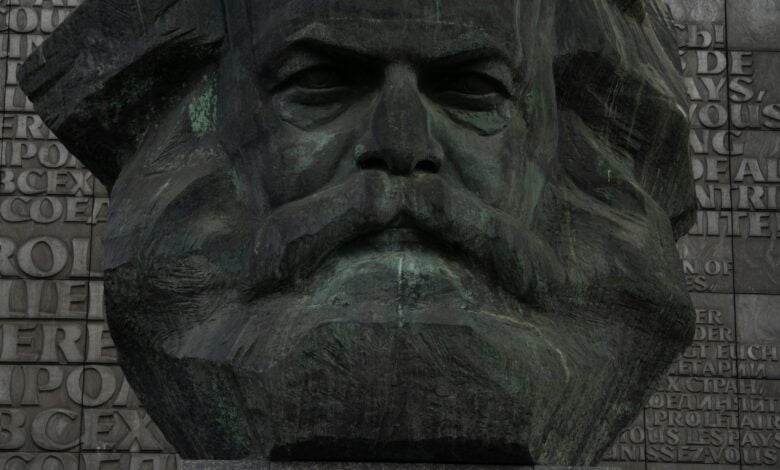
The only thing that societies know about socialism is that they must dislike this system, whether at the level of general culture or in terminological terms. Because societies think, or are forced to think, with the prejudice that socialism cannot be implemented.
What is Socialism ?
It is a political and economic theory that criticises all kinds of social injustice within the colonial system. Socialism aims to establish a classless system instead of the capitalist colonial system, in other words, a system based on a single class. Historically, it has established kinship with many currents of thought one after the other. These currents of thought can be listed as follows: “Utopian Socialism” of Saint Simon (1760-1825), “Cooperativist Socialism” of Charles Fourier (1772-1837), “Dialectical and Scientific Socialism” of Karl Marx (1818-1883) and Friedrich Engels (1820-1895), The “Bolshevik and Proletarian Socialism” of Vladimir Lenin (1820-1894) and finally the “Reformist Socialism” of Eduard Bernstein (1850-1932) and Jean Jaueras (1859-1914).
Socialist Analysis
In order to understand socialism as a world-wide system, a socialist analysis within the system is necessary. The elements of the analysis are the following:
Class Struggle
The utilitarian understanding of those who own the means of production and the interests of the productive people who work for them are opposed to each other. For capitalists, property comes first. For producers, humanity comes first. This is called class struggle. There is a constant state of conflict and struggle.
Plus Value
Producers create new value by transforming raw materials into finished goods. The capitalist retains for himself the difference between what is paid to the producer by the capitalists and the new value added by the producer to the raw material. This is called surplus value. In other words, this is what we call profit.
Monopoly
It is an agreement or an association of capitalists, who have a significant part of the product produced in one or a few industrial branches, among themselves.
Income Distribution Imbalance
According to socialism, it is not true that people live well or have a high quality of life in the capitalist system. Because the quantitative increase in the goods and services produced is many times greater than the increase in population. This surplus is measured by purchasing power rather than the needs of society. For this reason, an imbalance will always exist in the capitalist system.
Wars
It is a way for the capitalist system to provide employment, materials, machinery and money in the face of dead ends. Capitalists argue that this is the only way to avoid depression and crisis, the negative outcome of capitalism.
The state
It is not possible for the state to be supra-class if the economically dominant class is also politically dominant. In the understanding of the state, which should be in the society to which it belongs, the exploitation and oppression of one class by the other should not be allowed under any circumstances. Being in favour of the ruling class cannot prevent the state from being a superstructure institution.
Starting with planned production, the socialist world view will manifest itself in changes in people’s attitudes and behaviour. Socialism will liberate societies from misery and the main causes of suffering. Socialism must be considered as a movement that transcends nations. It is a system that will progress with the logic that all people are brothers and sisters.
